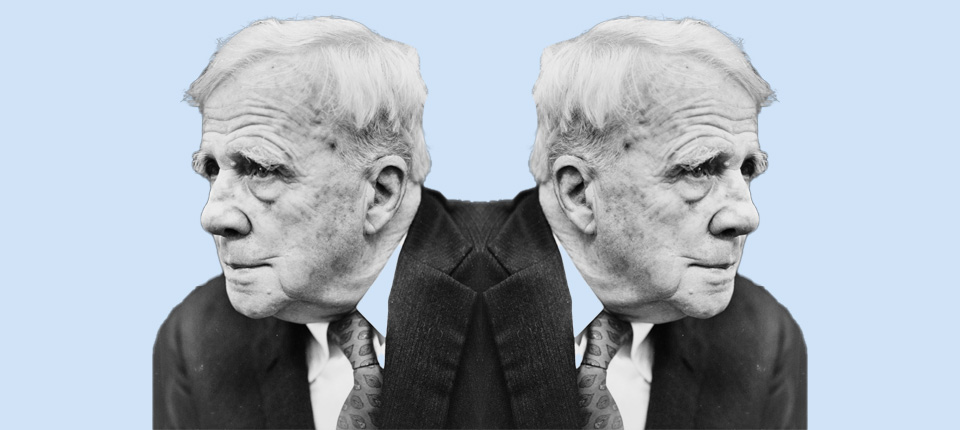TODAY: In 1900, Robert Frost’s son Elliott dies at age three of typhoid fever. Frost, who blamed himself for not calling a physician sooner, wrote about the loss in his poem “Home Burial.“
- “Architecture, literally and metaphorically, maps the topography of many of my poems.” Christian Gullette on architecture, liminality, and grief. | Lit Hub Craft
- KB Brookins recommends trans memoirs (and autobiographic fiction) by Leslie Feinberg, Akwaeke Emezi, C. Riley Snorton, and more. | Lit Hub Reading Lists
- Moriel Rothman-Zecher on the case against italicizing non-English words: “At best, the word becomes a decoration. At worst, it is exotified, the flipside of which, of course, is that it is rendered inferior.” | Lit Hub Craft
- Janie Kim considers bioluminescence and the pursuit of open-ended questions in science and fiction. | Lit Hub Science
- “With intent, Capote portrays Smith as a human first, then a criminal.” Rachael Hanel on teaching In Cold Blood to incarcerated women. | Lit Hub Criticism
- Olivia Laing on keeping a garden in a time of climate crisis: “A garden is many things at once, as I’d begun to see: selfish and selfless, open and enclosed.” | Lit Hub Memoir
- “There’s nothing like throwing the map out the window.” Mateo Askaripour on the perks of genre agnosticism. | Craft of Writing
- “I assumed Jake didn’t speak because he was Jake. Talking when he wanted, doing what he wanted.” Read from August Thompson’s new novel, Anyone’s Ghost. | Lit Hub Fiction
- Robert Barsky considers the influence of George Orwell’s Homage to Catalonia on Noam Chomsky. | MIT Press Reader
- “With intimate assurance and often radical insight, these authors took up a looming anxiety of the postwar and Cold War era: What does community mean?” On the National Book Awards and the 1960s. | Washington Post
- Katherine Churchill examines what monsters and folktales have to do with reproductive freedom. | JSTOR Daily
- “When celebrating our national myths, many liberals agree with those on the right that it’s rude to pick at certain scabs of American racism. On these historic occasions, patriotic sentiment runs deep.” Travis Diehl on the annual reenactment of the Boston Tea Party. | The Baffler
- Afrizal Malna on language, translation, and Indonesian literature. | Asymptote
- “This is why I love Thoreau, because the revelation for him is not God but experience.” Jessie Kindig on metaphor and Transcendentalism. | The Point
Article continues after advertisement




















